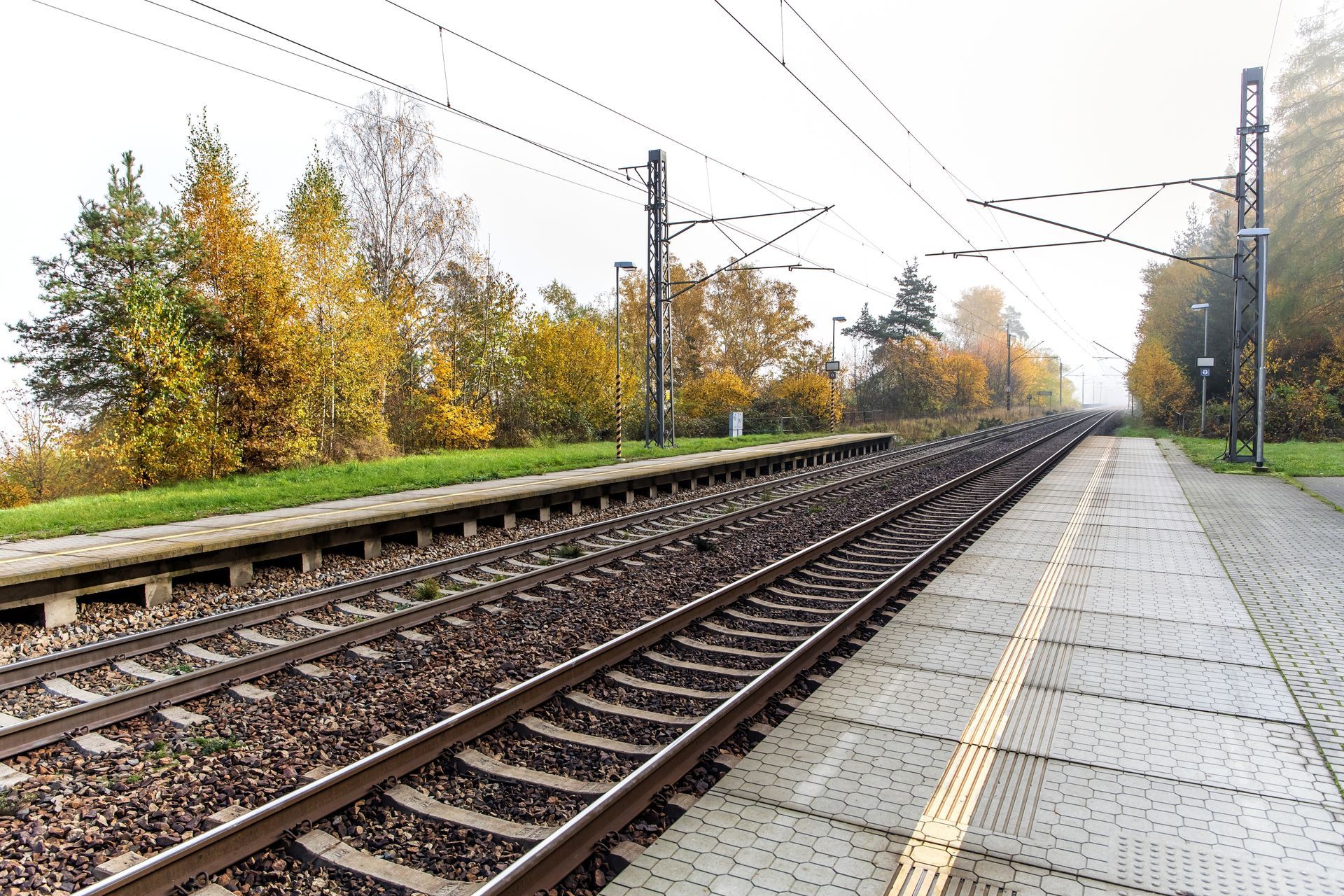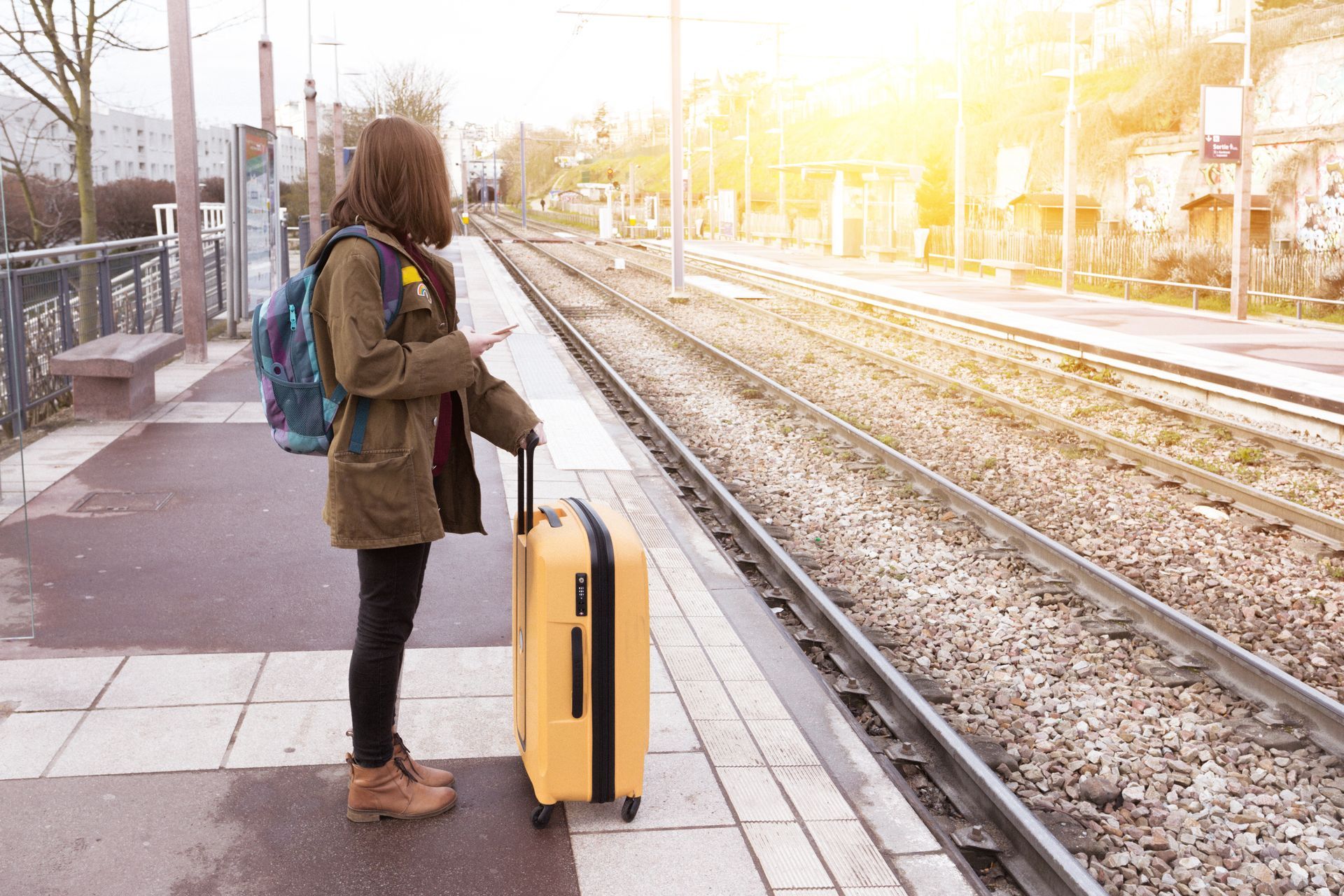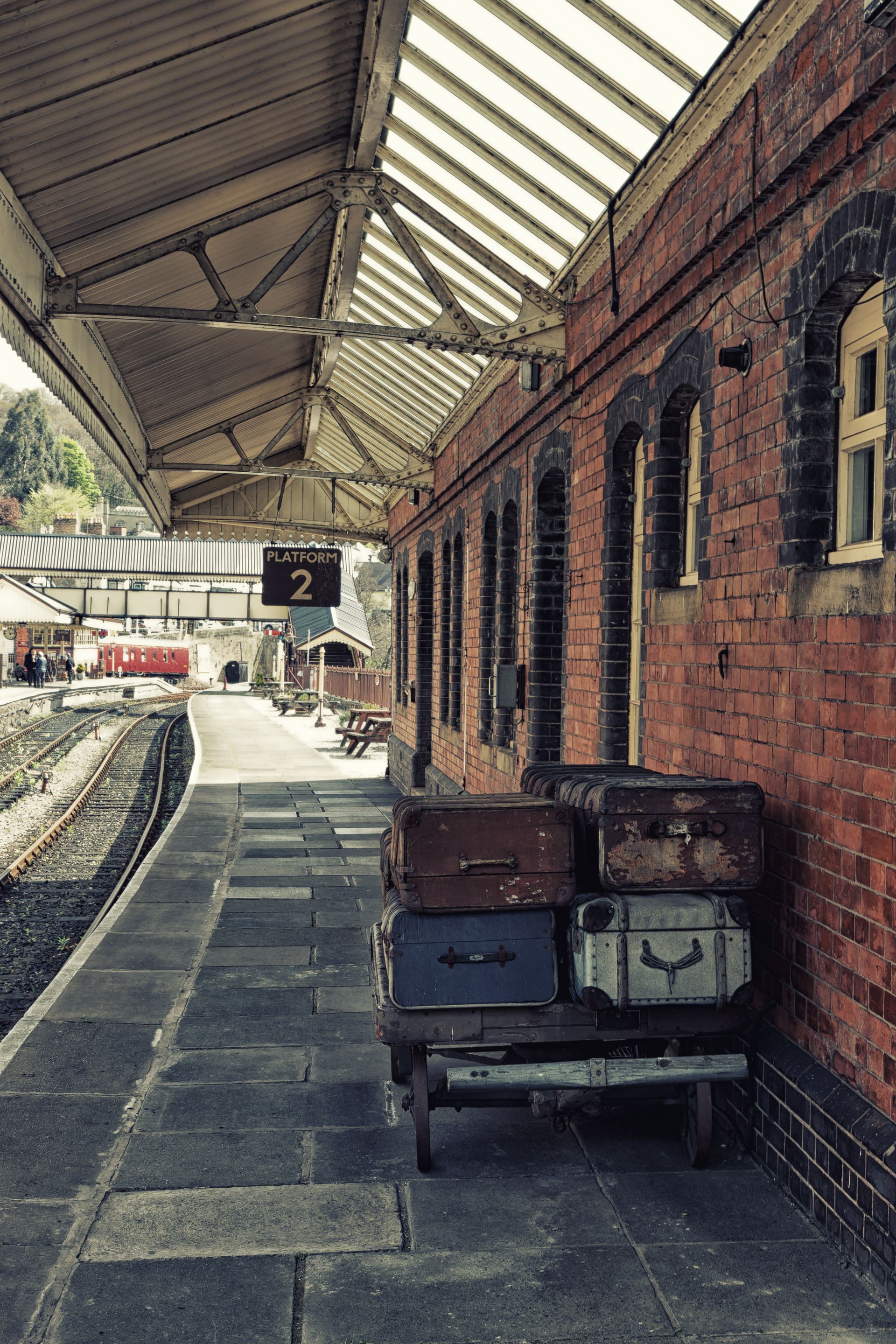South Western Railway's Accessibility Investment Promises of Inclusivity or Just Another Station Announcement?
South Western Railway is on the brink of a £50-60 million funding boost for station accessibility. I examine whether this is a genuine step forward for inclusive travel or another case of government funds falling short.
Philip Francis Anderson, Activist and Podcast Host, campaigning for change.
With the recent UK government announcement of significant funding for the Access for All (AfA) programme, South Western Railway (SWR) stands to receive a substantial investment aimed at improving station accessibility.
The Department for Transport (DfT) has identified eight SWR stations for potential enhancements, promising a significant boost to the network's inclusivity. But as we celebrate this progress, it’s crucial to scrutinise whether SWR’s track record on similar projects supports genuine optimism or if we should temper our expectations.
The Funding and What It Means
The government’s AfA programme has earmarked between £50 million and £60 million for SWR to improve accessibility at eight stations: Ash Vale, Dorchester South, Esher, Hedge End, Kew Bridge, Raynes Park, Swanwick, and Yeovil Junction. These stations are set for feasibility studies to assess the viability of proposed enhancements such as new lifts and bridges, which are expected to significantly improve access for passengers with disabilities and mobility issues.

Is This a Benchmark of Optimism?
While this announcement is certainly a step in the right direction, SWR's history with accessibility projects offers a mixed bag of outcomes. In recent years, SWR has completed several smaller scale upgrades across its network. However, past initiatives have sometimes faced criticism for delays, budget overruns, and scope reductions.
For instance, the much-anticipated improvements at Clapham Junction, one of the busiest interchange stations, were delayed multiple times, leading to frustration among passengers who rely on accessible routes. Similarly, the lift installation at Guildford station, although eventually successful, faced a series of setbacks that extended the project timeline significantly.
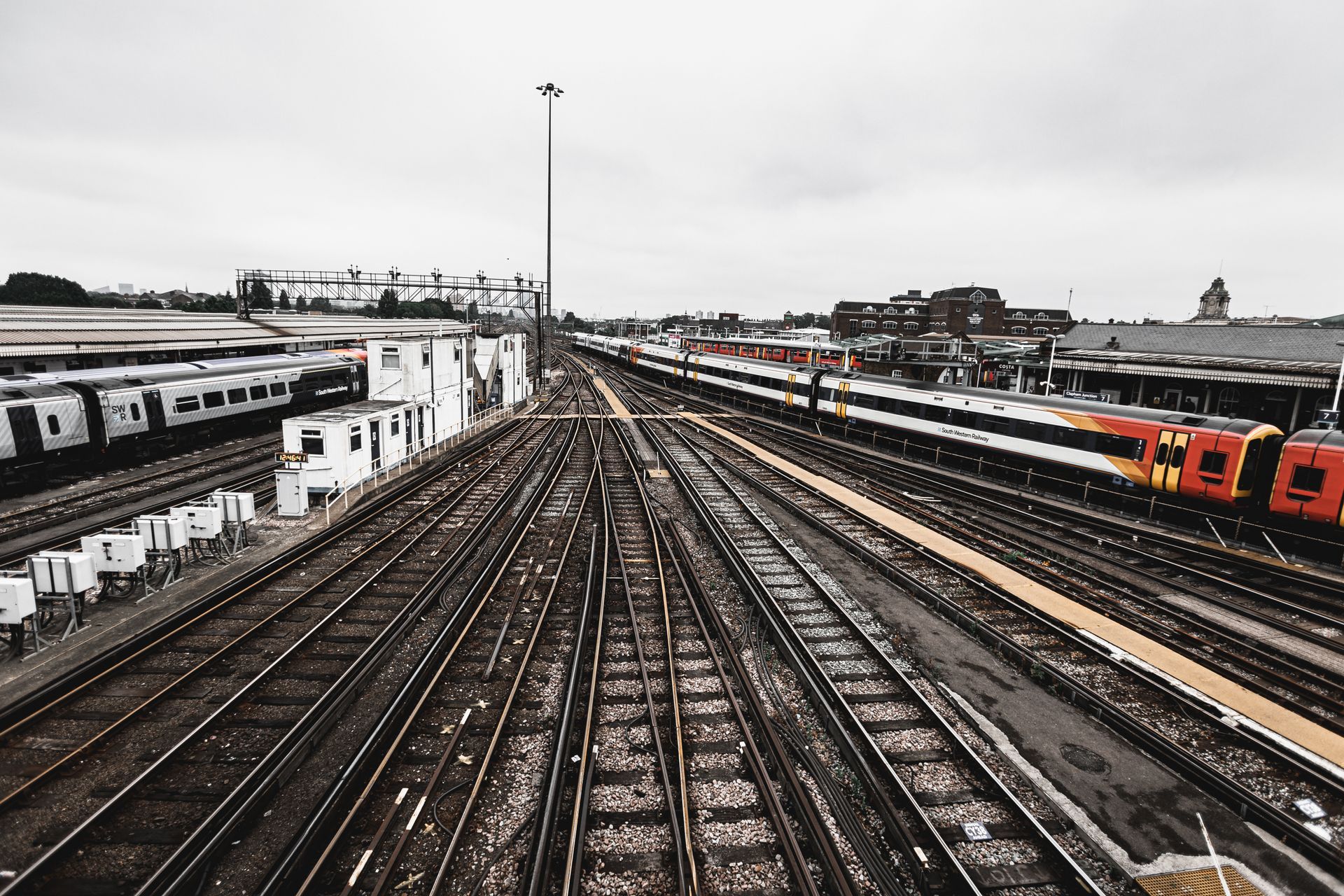
What SWR Needs to Get Right
To truly set a benchmark for optimism, SWR must focus on a few critical areas:
Timely Execution: Ensuring that the projects are completed within the announced timeframe will be crucial. Past delays have eroded public trust, and timely delivery is essential to rebuild confidence.
Comprehensive Upgrades: The feasibility studies should consider a broad range of accessibility needs, including passengers with vision loss, those with hearing loss or who are deaf, and people with learning disabilities, in addition to physical mobility enhancements.
Ongoing Consultation: Engaging with disability advocacy groups throughout the planning and implementation phases will be vital. Feedback from those who will directly benefit from these upgrades should guide the project to ensure it meets their needs effectively.
Transparency and Accountability: Regular updates and transparent communication about the progress, challenges, and adjustments will be key in maintaining public trust.
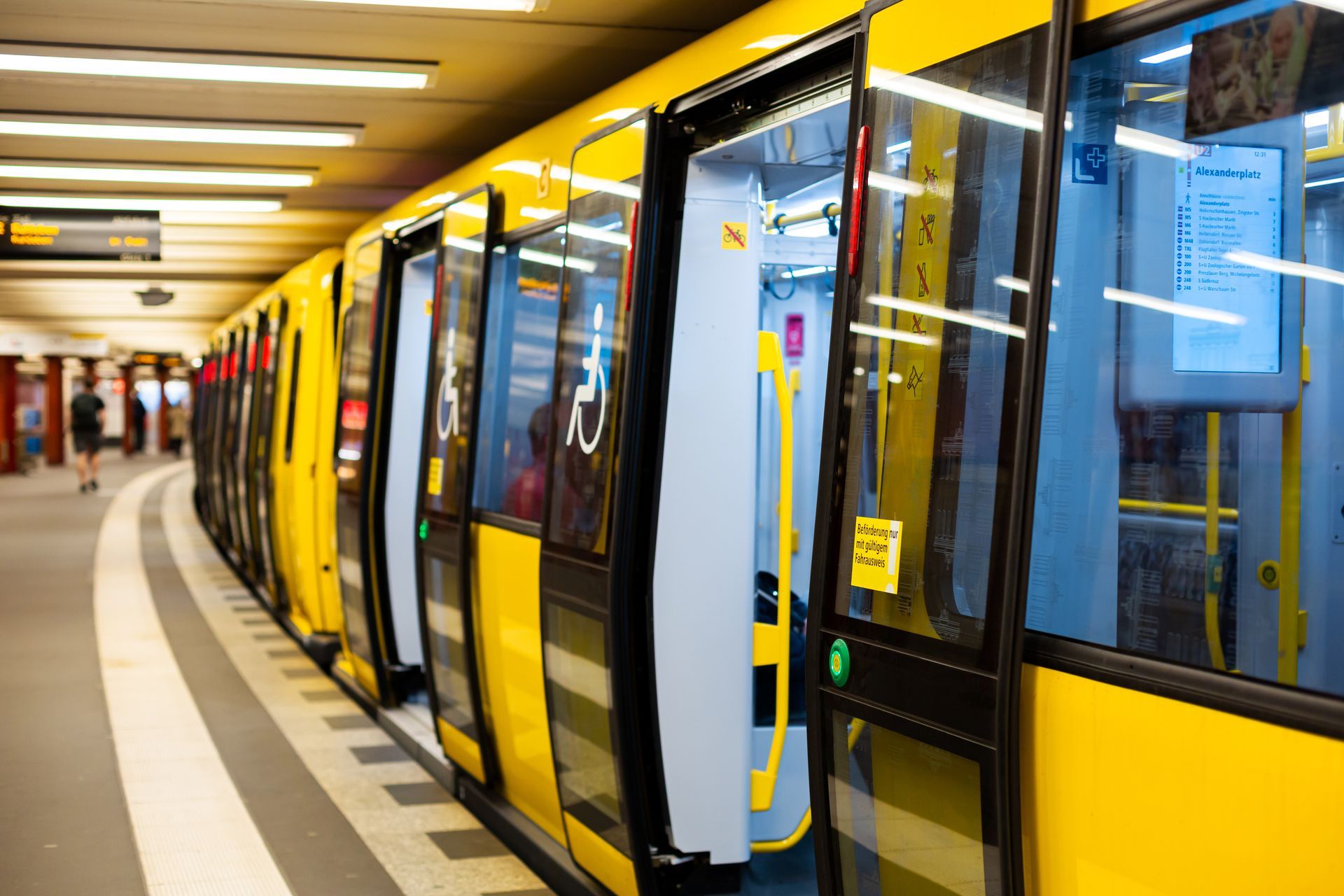
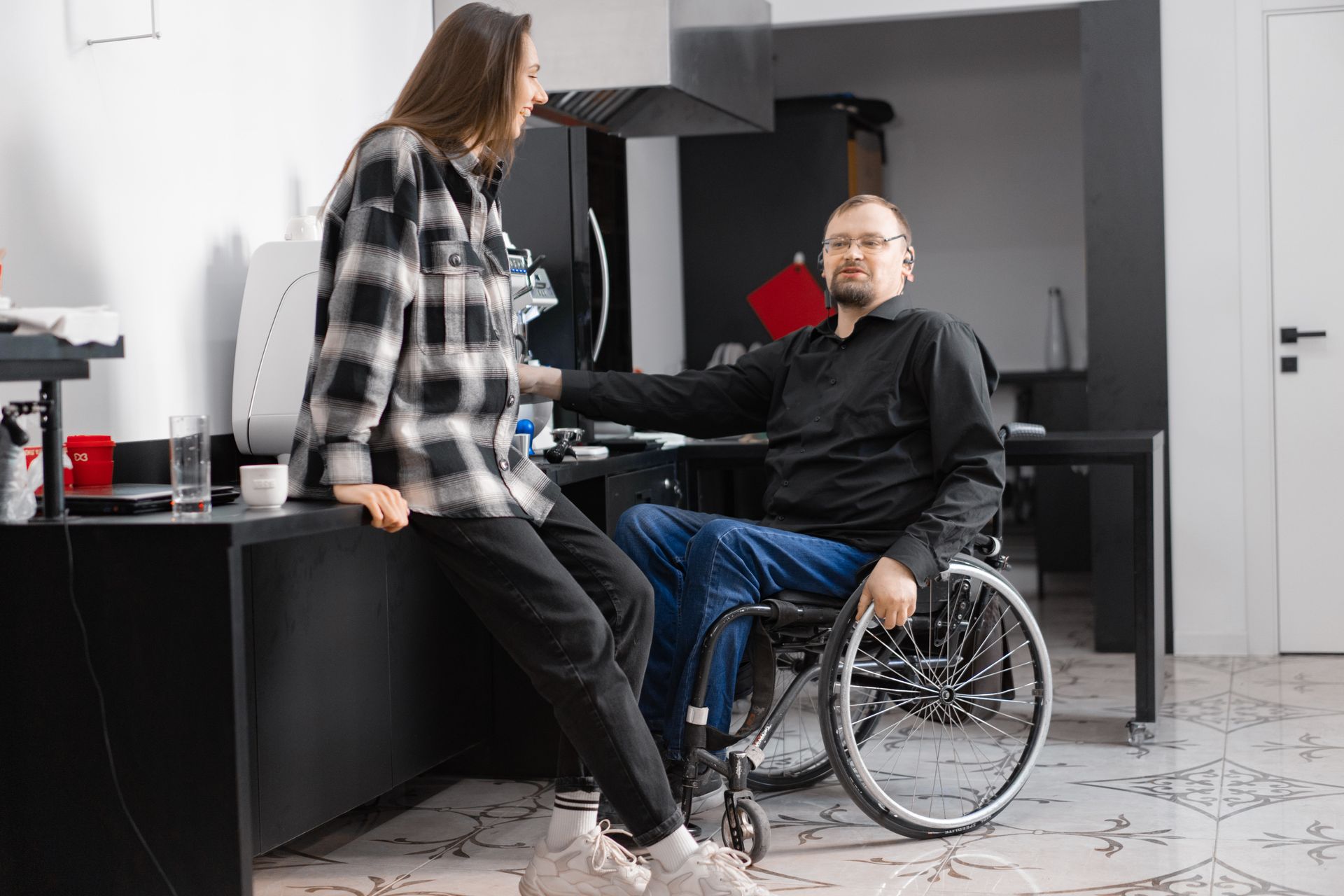
A Short Q&A for Readers
To further this discussion, I invite you to participate in a short Q&A about what accessibility features you'd like to see implemented at SWR stations. Your input can help shape the future of inclusive travel.
Contact Us
In line with GDPR, only complete this form if you are happy for me to use your answers for the purposes of processing of your request and in all
corresponding communications thereafter. Read my Privacy Policy for more information on how I manage your personal data. This contact form is also protected by reCAPTCHA, a Google system. Google's Privacy Policy and Terms of Service apply and are available to read when using the reCAPTCHA tool.
Thank you. Feel free to share your thoughts and experiences in the comments below. Your insights are invaluable as we push for more accessible and inclusive public transport options.
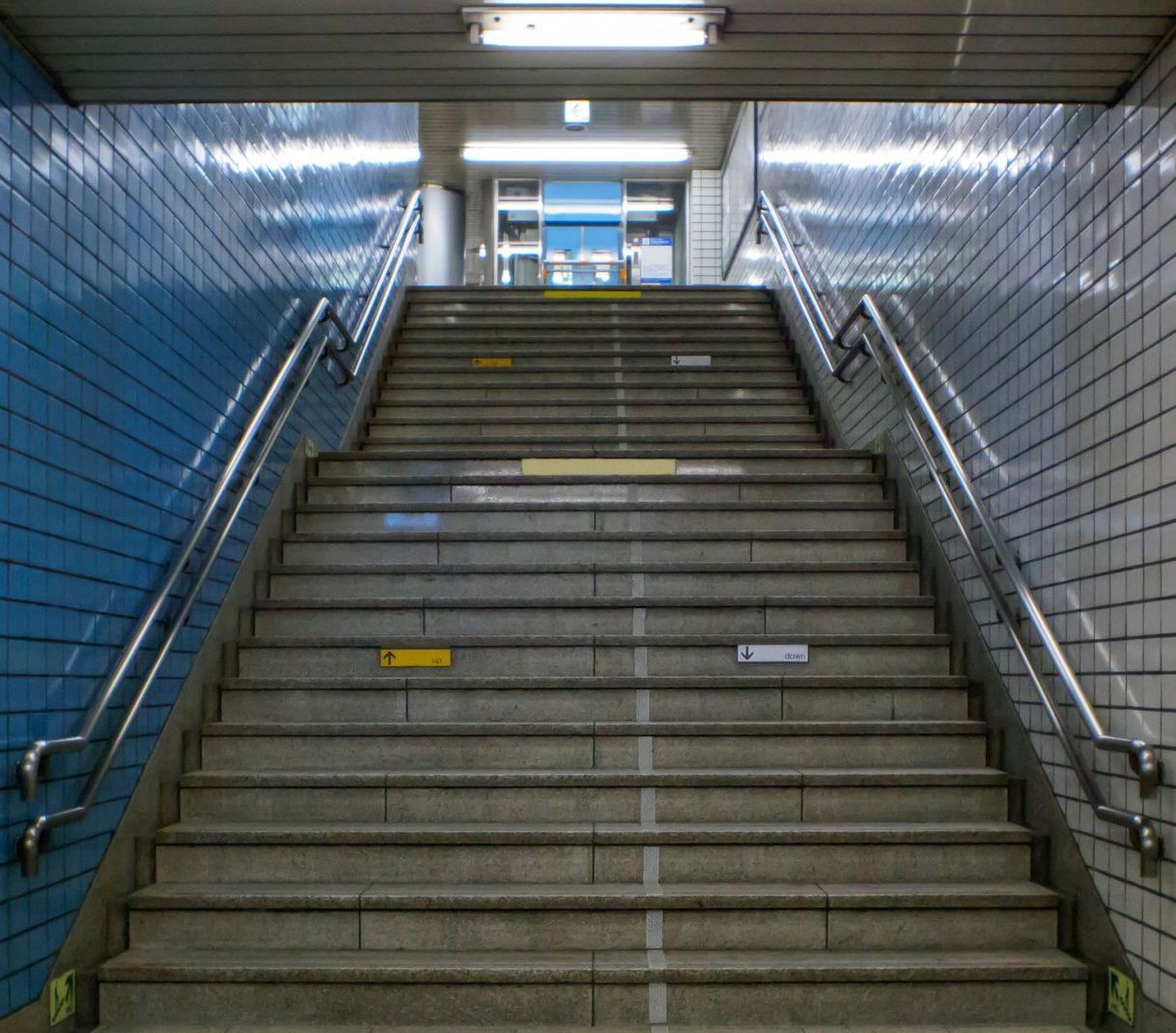
Why Accessibility Matters
Accessibility in public transport is not just a convenience—it's a fundamental necessity that impacts the daily lives of many. For the 14.6 million people in the UK living with disabilities, the lack of accessible infrastructure can significantly limit mobility and participation in daily activities, from commuting to work to simply visiting friends or accessing essential services.
The current shortcomings in accessibility, such as stations without lifts or ramps, inadequate signage, and non-accessible ticket machines, create barriers that make train travel challenging, if not impossible, for those with mobility impairments or other disabilities. For example, a station without a working lift can mean a person using a wheelchair must travel to a distant alternative, adding time and complexity to their journey.
Beyond the immediate impact on individuals, poor accessibility also has broader social and economic consequences. An inclusive transport system allows more people to participate in the workforce, access educational opportunities, and engage in social activities, which in turn supports a more vibrant and diverse economy. Research consistently shows that accessibility improvements can lead to higher employment rates and better quality of life for persons with disabilities, fostering a more inclusive society overall.
Moreover, as our population ages, the demand for accessible transport options will only increase. Implementing comprehensive accessibility measures now ensures that the railway system can accommodate everyone, including older adults and those with temporary impairments.
Investing in accessibility is not just a moral obligation but a practical one. It promotes equality, enhances the usability of public services for all citizens, and ultimately benefits society as a whole. South Western Railway’s commitment to enhancing station accessibility through the Access for All programme is a vital step in making train travel more inclusive, ensuring that no one is left behind in their journey.
Conclusion
The potential £50-60 million investment in SWR’s station accessibility is a promising development, but its success hinges on effective execution and genuine engagement with the needs of all passengers. As an activist and podcast host, I am committed to following this project closely, advocating for real improvements, and holding SWR accountable to their promises.
Let’s ensure that this funding marks a true leap forward in making our public transport systems more inclusive, rather than just another announcement that falls short of meaningful change. The journey towards fully accessible travel is ongoing, and it's vital that we keep the conversation active and the pressure on.
Stay tuned for updates and join the discussion on my podcast, where we’ll continue to explore how these developments unfold and what they mean for our communities. Together, we can drive the change towards a more accessible future for everyone.
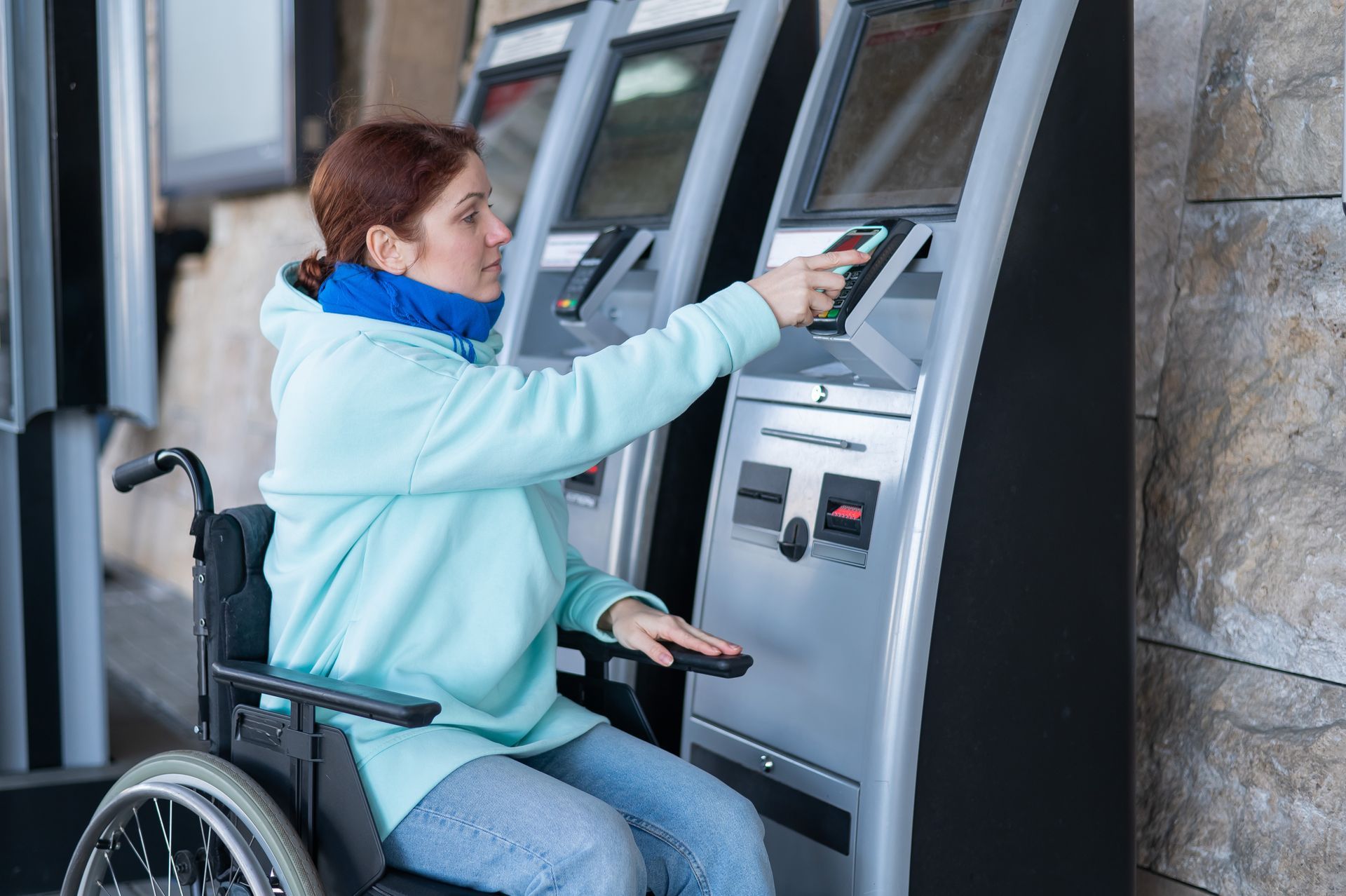
Comments Welcome!
To leave a general comment, feedback about a post, or even recommendations for a topic to cover, please just fill out this form. For those who would prefer to send their comment in using audio, there is the additional option to upload an audio file.
Contact Us
In line with GDPR, only complete this form if you are happy for me to use your answers for the purposes of processing of your request and in all
corresponding communications thereafter. Read my Privacy Policy for more information on how I manage your personal data. This contact form is also protected by reCAPTCHA, a Google system. Google's Privacy Policy and Terms of Service apply and are available to read when using the reCAPTCHA tool.


